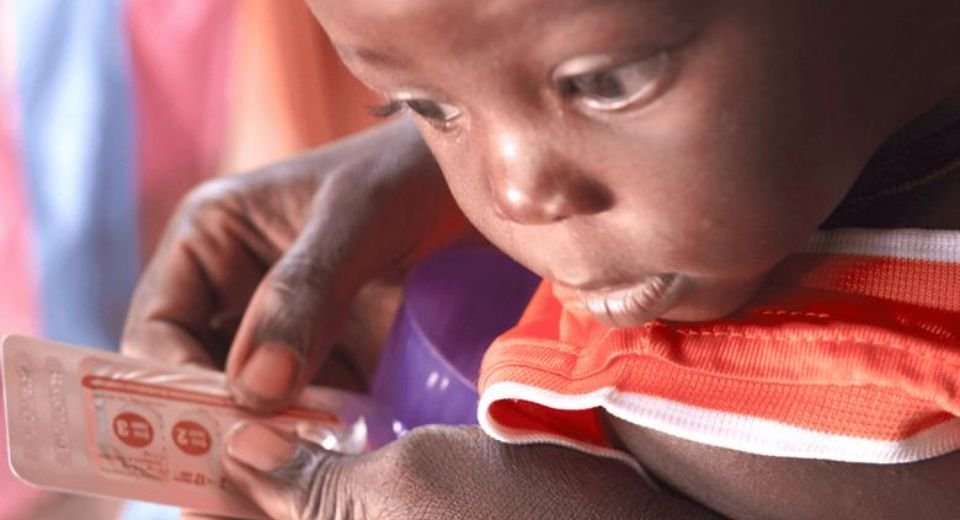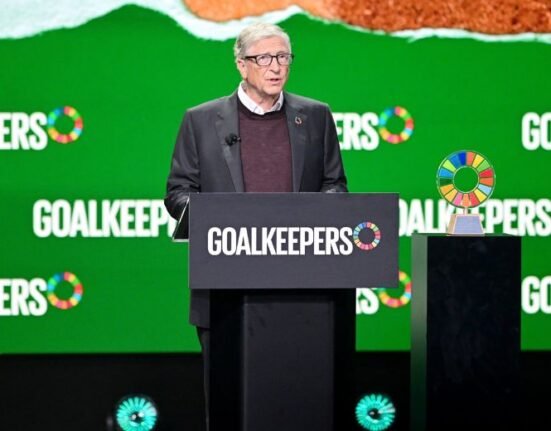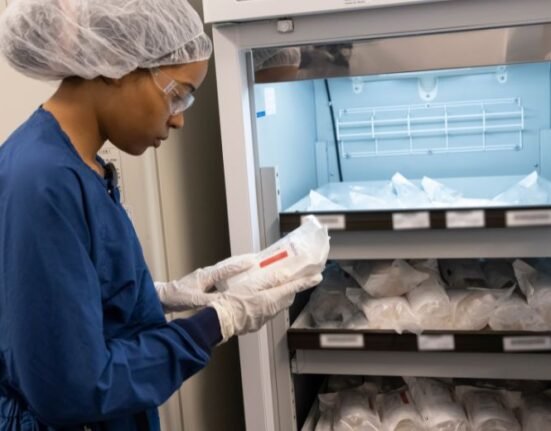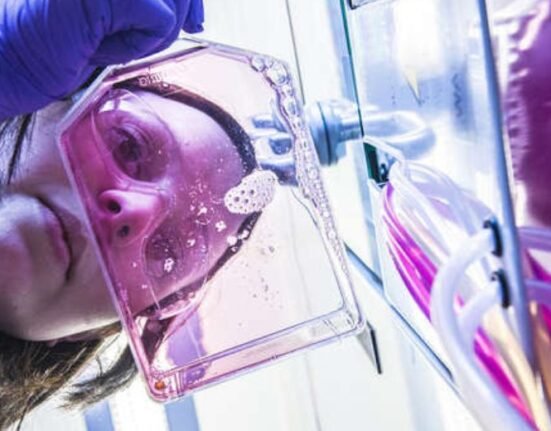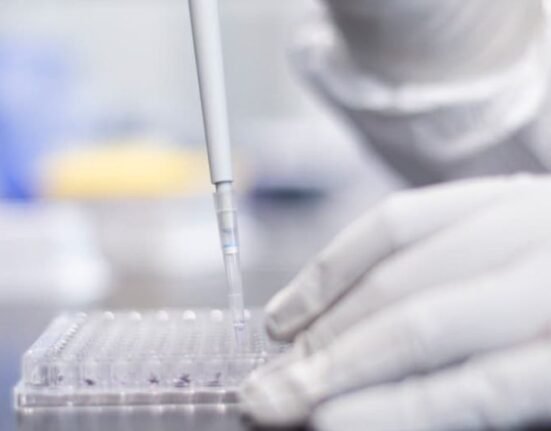HQ Team
July 8, 2025: Novartis AG’s treatment for malaria in infants and newborns weighing between two and five kilograms has been approved in Switzerland, and eight African nations are set to follow.
The treatment is dissolvable, including in breast milk, and has a sweet cherry flavour to make it easier to administer to infants and to combat the potentially deadly mosquito-borne disease.
Branded as Riamet Baby or Coartem Baby, the artemether-lumefantrine is the third such authorisation granted under the Swissmedic Marketing Authorisation for Global Health Products procedure.
Swissmedic is the national authorisation and supervisory authority for drugs and medical products. The Novartis approval underscores the value of international collaboration in addressing urgent public health needs, according to a statement from the regulator.
It reflects the “continued development of this collaborative initiative aimed at improving access to high-quality medicines in low- and middle-income countries.”
Metabolic differences
The Swissmedic approval was based on the end-stage trials, which investigated a new ratio and dose of Coartem to account for metabolic differences in babies under five kilograms.
It is indicated for the treatment of infants and neonates weighing between two and less than five kilograms with acute, uncomplicated infections due to Plasmodium falciparum or mixed infections including P. falciparum.
Until now, there has been no approved malaria treatment for infants weighing less than 4.5 kilograms, leaving a treatment gap.
Infants are treated with formulations intended for use in older children, which may increase the risk of overdose and toxicity. Malaria vaccines are also not approved for young babies.
Some 30 million babies are born in areas of malaria risk in Africa every year, with one large survey across West Africa reporting infections ranging between 3.4% and 18.4% in infants younger than six months old.
New dose strength
Current data on malaria in young babies is extremely limited, as they are rarely included in clinical trials of antimalarial agents.
The new dose strength designed for young infants was developed by Novartis with the scientific and financial support of Medicines for Malaria Venture (MMV) and as part of the PAMAfrica consortium.
The consortium is cofunded by the European & Developing Countries Clinical Trials Partnership and the Swedish International Development Cooperation Agency.
Novartis plans to introduce the infant-friendly treatment on a largely not-for-profit basis to increase access in areas where malaria is endemic.
“For more than three decades, we have stayed the course in the fight against malaria, working relentlessly to deliver scientific breakthroughs where they are needed most,” said Vas Narasimhan, CEO of Novartis.
Burkina Faso, Tanzania
“Together with our partners, we are proud to have gone further to develop the first clinically proven malaria treatment for newborns and young babies, ensuring even the smallest and most vulnerable can finally receive the care they deserve.”
Eight African countries also participated in the assessment and are now expected to issue rapid approvals under the Swiss agency’s Marketing Authorization for Global Health Products procedure, according to a Novartis statement.
Swissmedic stated that the eight countries included Burkina Faso, Côte d’Ivoire, Kenya, Malawi, Mozambique, Nigeria, Uganda, and Tanzania.
“The available malaria treatments have only been properly tested in children aged at least six months because smaller infants are usually excluded from treatment trials,” said Professor Umberto D’Alessandro, Director of the MRC Unit, The Gambia, at the London School of Hygiene and Tropical Medicine.
“That matters because neonates and young infants have immature liver function and metabolise some medicines differently, so the dose for older children may not be appropriate for small babies.”
Children under 5 years
About 263 million cases of malaria and 597,000 deaths occurred in 2023, almost all of them in Africa, according to the WHO. Children under five years old accounted for about three in four malaria deaths in the region.
“Malaria is one of the world’s deadliest diseases, particularly among children. But with the right resources and focus, it can be eliminated,” said Martin Fitchet, CEO of MMV.
“The approval of Coartem Baby provides a necessary medicine with an optimised dose to treat an otherwise neglected group of patients and offers a valuable addition to the antimalarial toolbox.”
In the next phase of the procedure, Novartis is expected to submit the dossier to the participating National Regulatory Authorities, which are expected to approve it in the irrespective jurisdictions within 90 calendar days from receipt.
This step is key to ensuring timely national access to the product following the collaborative assessment, according to Swissmedic.


